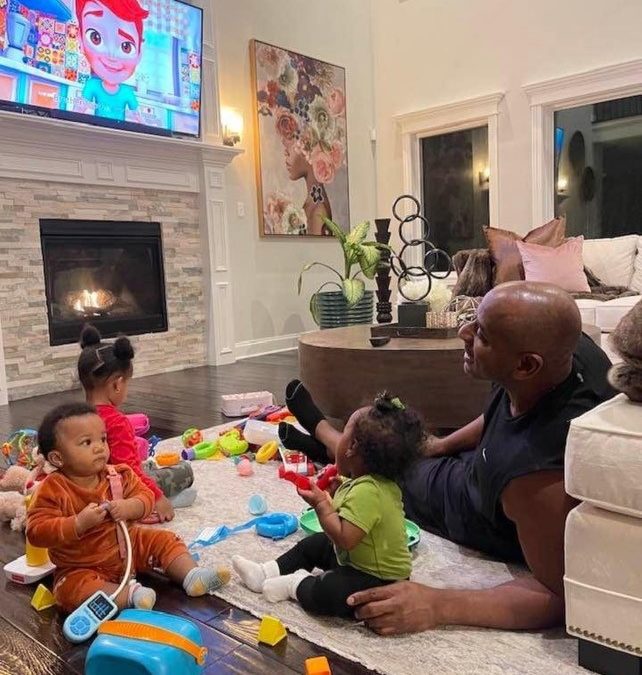Brian Towers, a lifelong Chicagoan, worked for the Chicago Fire Department from 1990 until retiring in 2021 at age 60. But instead of merely collecting his full pension, Towers decided to work part-time as a technician for HazChem Environmental, a waste-disposal company in nearby Addison, Illinois. HazChem believes firefighters’ should enjoy their well-deserved reitrment, and offers an opportunity for extra firefighter retirement income.
“I still feel like I’m in good physical shape,” said Towers. “And working part-time in a fulfilling position brings in extra money which is enhancing my retirement years.”
Towers was gracious enough to share his insights into some of the financial parts of being a full-time firefighter, planning for retirement and how best to maximize earnings and maintaining a full quality of life while in retirement years.

MR. BRIAN TOWERS
How soon should a fulltime firefighter start thinking about retirement and planning for retirement?
Towers: The very first minute you begin your career as a firefighter.
In our chosen profession, there is danger. You can be injured at any time. You must understand that your career can end on any given day. If you have not planned for that day, you and your family can encounter major problems beyond your physical issues.
I tell any young firefighter that will listen, that part of every single paycheck you earn in your 20s, 30s, 40s and 50s must be put aside for retirement. When you reach your 60s, as I have now done, that money that you had put aside for retirement will give you total peace of mind and allow you to truly enjoy your retirement years.
How much of one’s paycheck should you put aside for your retirement years?
Towers: That will vary with each individual. My first point of advice is for the firefighter to put away as much as possible. However, I know from firsthand experience that babies must be fed, mortgage payments must be met, food must always be on the table and a certain amount of money should always be available for entertainment and other expenses for your family.
I am no certified financial planner, but having worked as a firefighter for nearly 32 years, and talking with hundreds and hundreds of colleagues, a good goal while in your 20s and 30s would be to put aside at least 10 percent of every paycheck towards retirement.
What is the easiest way to accomplish this?
Towers: As far as I know, almost all fire departments will offer a deferred compensation plan of some kind. Our department has what is known as “the 457 plan,” which is a deferred compensation vehicle.
One must take advantage of this!
You will not have to pay taxes on the amount of money you put into this plan. Plus, the earnings from this investment will grow tax deferred.
Once I got in the academy back in 1990, the financial company that ran our retirement plan talked to all the new firefighters, including me, about the benefits of this plan. I guess I was one of the lucky ones who paid attention and followed their advice.
My group instructor, he was a lieutenant, drilled this even deeper into my brain. It was “savings, savings, savings.” I had heard it so much and I stuck to a plan. And it worked.
How were you able to keep track of your retirement savings?
Towers: I received statements in the mail every month. It gave my wife and myself a lot of comfort looking at that financial growth each month.
I will confess there were a few months over the past 30 years or so, when the markets were down, that I got a tad nervous. But I was always comfortable knowing I did have money in a retirement account and that one day, no matter what, I would receive a pension.
Again, I am not giving any specific financial advice on how you should invest. Personally, I always chose conservative funds. But the most important thing is to put money aside every single paycheck.
It takes discipline to be a firefighter. All one needs to do is take that same discipline and apply it towards putting a portion of each paycheck into your retirement account.
Well, now you’re 61 and enjoying a relaxing retirement with a nice monthly pension paycheck for life. How did you know you were on the right path? How did you stay on the right path?
Towers: I took advantage of everything our fire department offered us. We could call the financial advisors and administrators of our retirement plan at any time. Believe me, I called plenty of times over the years to discuss my account, get financial advice, get tax advice and asked them to give me projections on how much I would have at, say, age 55 or age 60, so I could figure out the best time to retire.

